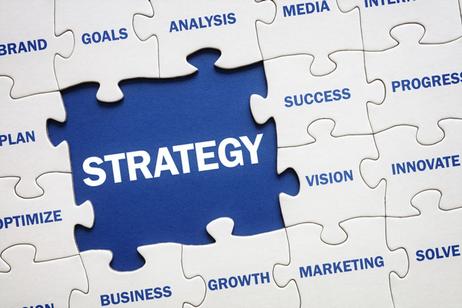We parents want to keep our children safe from anything and everything. That's always our biggest worry. When I was raising our children, keeping my daughters safe meant showing them how to cross the street and how not to speak to strangers. But, fast forward to the 21st century, and keeping children safe comes with a whole set of digital challenges, besides the analog challenges of crossing streets safely. Smart TVs, tablets, computers, and smartphones can consume vast amounts of a young person's time when we allow that to happen. However, what concerns me most is the quality of the material available on all those digital devices. We don't want our children watching inappropriate content or playing violent games on their smart devices, do we? That's the rationale behind controlling our children's screen times. So, here are a couple of tips on making that happen.
Create healthy screen habits.
Children are curious. Insatiably so. They want answers. They want to explore. And they want to have fun doing it. Create healthy screen habits by configuring your child's smart devices to be tools for learning and exploration. That will open up vast worlds for them to explore. The kid who dreams of building a robot can find tons of information about robotics. The same with the arts, sports, literature, languages - you name it, her smart device will have it. The trick is to configure her smart devices so that she can only access the good stuff, not the


























